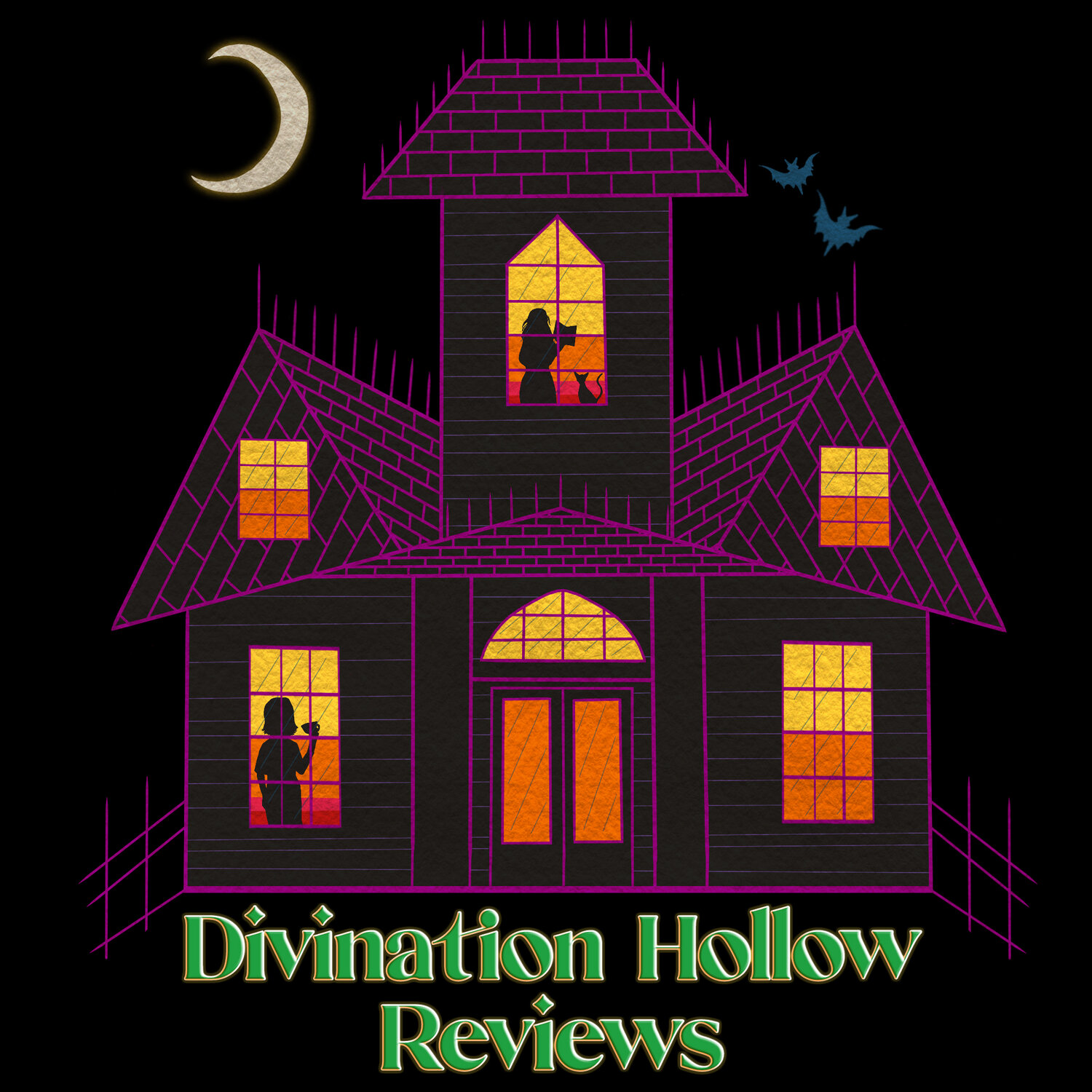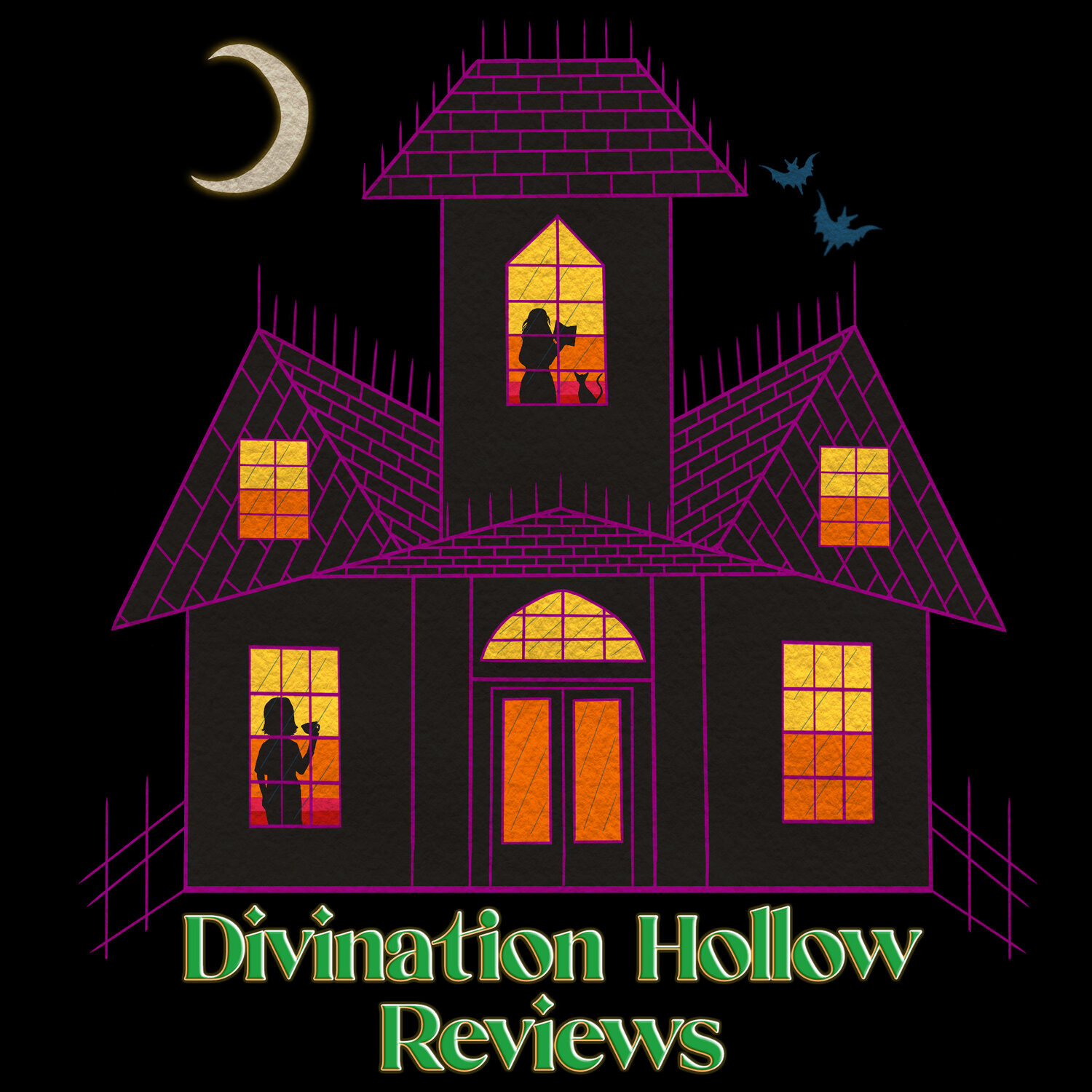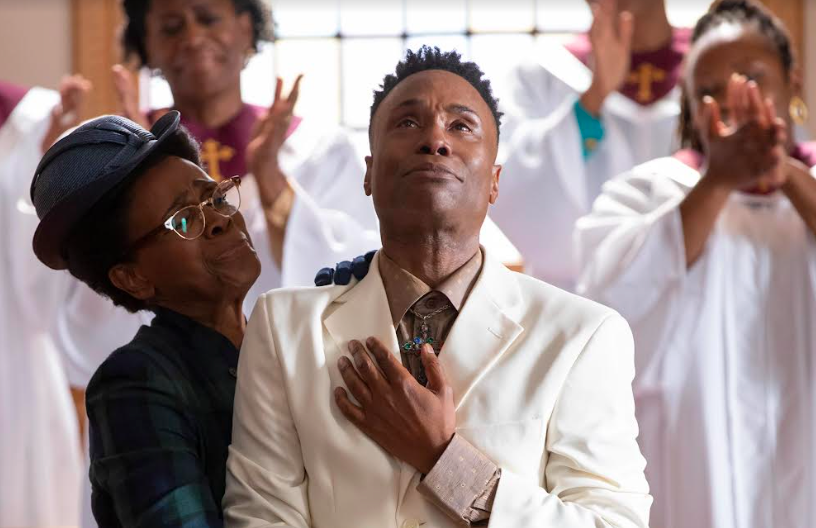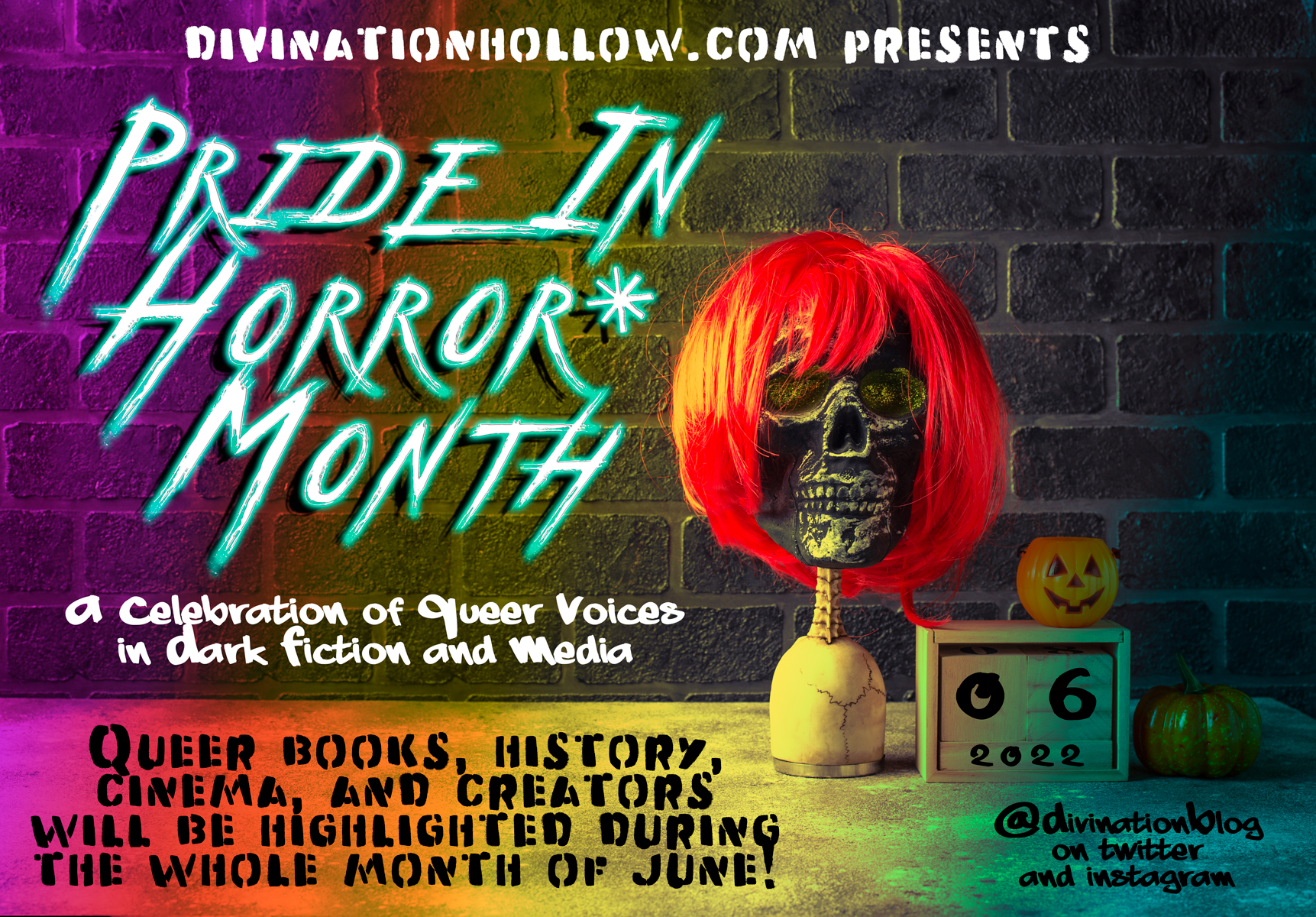What To Watch This June
Pride: What to Watch this June
Last year during our Pride month, I talked about two films I felt were worth watching: Pride, about the support the Gay & Lesbian community provided to striking Welsh miners, and The Prom, a musical about a young woman who is banned from her school’s prom because she is gay. For this year, there are two TV shows I want to talk about, and honestly if you haven’t seen either of these yet, you really should.
It's A Sin
Released 2021
Drama miniseries created by Russell T Davies, the series follows a group of young, gay men in London from 1981 to 1991. It’s another example of the history we should be more aware of finally making its way on screen, especially as the few times we see how AIDs and HIV impacted LGBT+ communities, it’s usually with an American focus. However, as with Pride, we get a British perspective here feels almost rare.
The boys at the centre of the series – and they really do start as boys – are young and fresh faced, excited for life in the big city. The first episode feels very much like a coming-of-age story. And they, along with Jill Baxter (played by the fantastically brilliant Lydia West) have a lot of learn, about themselves and each other and what it means to be anything other than cishet in 80s London.
There are truly funny moments, there are absolutely devastating moments. It reflects a reality of life, where these kids find joy and pleasure where they can. They’re all different, and all feel like they’re from different worlds, each with their own charm and thoughts, debating over drinks, speculating, and, at the beginning, unafraid of anything the world is just waiting to throw at them.
Something that is put right at the forefront of this series is the ignorance. Not deliberate, but the lack of information around the virus left so much room for misinformation, and it’s Ritchie who repeats this, with all the certainty of an 18-year-old away from home for the first time. And it’s Jill – the friend, the ally – who encourages Colin to find as much information during a trip to the States, Jill who is confided in when a friend falls ill, Jill who, ultimately, volunteers to help patients, who in this particular group is determined and driven and puts herself right in the protests.
Just to side-track for a moment – Lydia West also appears in Davies’ Years and Years which, although doesn’t centre LGBT+ issues like It’s a Sin, is definitely worth a watch, though be warned; the way the series unfolds is realistically terrifying, feeling almost like a parallel world with a what if feeling – what if Covid hadn’t impacted us when it did? Created prior to 2020, Years and Years starts in 2020, and looks at the years beyond, focusing on a single family impacted by a world shifting increasingly right-wing, dealing with an influx of Ukrainian refugees due to a war with Russia, and a prominent ‘just one of the ordinary folks’ politician coming into power.
And back to It’s a Sin. The series is unflinching and honest, showing a reality for many at that time, with a recklessness a lot of young people have. They truly feel – as many of us likely did at 18, 19, 20 – they are untouchable and invincible in a world that is rapidly changing. Be warned: after the first episode, it’s incredibly difficult to get through just one episode without shedding tears.
Pose
Season 1: 2018, Season 2: 2019, Season 3: 2021
American drama series, created by Ryan Murphy, Brad Falchuk and Steven Canals, with 26 episodes over three seasons, Pose is phenomenal. Annoyingly Evan Peters’ name is front and centre for the first season, often the first name followed by “starring”. To say Evan Peters is the least interesting and most infuriating character in the whole three seasons is an understatement. The focus on him dragged on for way too long, and though I think he’s done some good work in American Horror Story, and as Quicksilver for the X-Men films, his performance is nowhere near as good as the women he’s on screen with in Pose.
Like It’s A Sin, Pose takes place during the late 80s and early 90s, starting in 1987 when Blanca tests positive for HIV, and leaves the House of Abundance and her legendary Mother Elektra to start her own house instead. Season 3 takes us into 1994. With this set in New York, the women and men forming these houses, often living and working on the streets, are all too aware of the dangers of HIV and AIDs, already in mourning when the series starts. Pose isn’t about HIV/AIDs, however. It’s about ballroom culture, and found family, and what family truly means.
It's also another great example of highlighting the history of the LGBTQIA+ community. Like It’s a Sin, the characters are not perfect or sanitized, they are messy and lost and trying to do the best they can do, making mistakes along the way. It is incredibly hard not to love them, as they celebrate their wins and work through their darkest times as a family. Blanca embodies what it means to be a mother, nurturing her children while trying to prepare them for the future, and encouraging them to be the best they can be. Angel is young and beautiful and a touch naïve, yet with a hardened streetwise edge to her – she just wants to be happy. She wants a life for herself and the mother/daughter bond between her and Blanca is beautiful.
Michaela Jaé Rodriguez and Indya Moore are wonderfully brilliant in their roles, alongside Dominique Jackson as Elektra, mother of the House of Abundance, Billy Porter as Pray Tell, emcee of the balls and of course, it’s Billy Porter. He can’t help but steal the show. The characters and actors I haven’t mentioned specifically – Candy, Papi, Damon I could go on all day – are purely because of space. Trust me, this is an excellent cast who can do so so much, and I cannot wait to see what they all go on to do next.
Of course the show isn’t just about lost kids finding a home, or about HIV and AIDs. It’s about Ballroom. It’s about a place that served as a refuge for people who didn’t feel like they ‘fit’ into heteronormative society, or even the queer spaces largely dominated by white folks. They carve out their own space in the face of racism, misogynoir, transmisogyny, homophobia and other forms of bigotry. They create a space where they can lift each other up, where they can be themselves completely and utterly, and where they can, for a walk, be a commuter heading for the office, or a queen commanding a royal court, or ‘real’ in a way they can’t always be outside Ballroom.
Again, this show has moments of joy, and pleasure, and fear, and sadness. It shows the reality for many at that time, the way Black queer men and women felt abandoned by everyone, including the queer community, and how they counteracted that. It shows the people who were willing to fight, and stand up, and it has this really good way of seamlessly switching to a more handheld camera mode, emphasising the moments taken from real footage, from real history, including protests and die-ins and covering a house in a condom.
Pose is beautiful and heart-breaking and wonderful. Each character has their own fight, each of them have their own desires and dreams and wishes, and all you can do is join them for the ride and hope they achieve what they set out to do. Trust me, if you somehow haven’t seen this already, you need to remedy that.
#
These shows really do an excellent job at portraying a bleak, tragic period of LGBTQIA+ history in a way that isn’t just bleak and tragic. It doesn’t reveal in the dark moments, but counteracts them with light and joy and vogue. These two shows should be crucial viewing, but be warned, you’ll want a box of tissues handy and plenty of water, because the tears will flow.
Review by Elle Turpitt
Twitter & Instagram: @elleturpitt
www.elleturpitt.com
www.elleturpittediting.com
As part of our Pride Month celebrations, we asked our contributors to provide a link to a charity of their choice. Elle chose Trans Aid Cymru and we would ask, if you are able, if you could please consider a donation to support their work.













